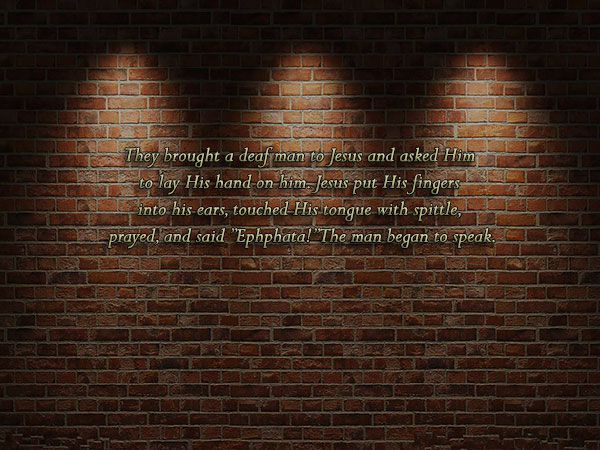
by Fr. Wilfredo Samson, S.J.
AMID the present moral issues we are dealing with, we see how our conflicting views have created a divide in our midst. People are unfriending each other on Facebook due to political and moral differences. We read FB postings and tweets of respected people publicly judging and accusing someone. Some people are re-posting anything and everything, even false news, just to discredit or malign somebody. Some have left the Church because of their disagreement with Church teachings against the death penalty and extra-judicial killings.
We hear our President Duterte falsely accusing the Church, the clergy, and his detractors. And recently, some of our respected congressmen indiscriminately removed several of colleagues from their committee posts because they openly voted against death penalty. Emotions run high as we continue to debate the morality and legality of capital punishment and EJK. In the process, our sense of sobriety and calmness is deeply affected.
We may never know the extent of the damage done by our divided views and open heated arguments on social media. But the fact that we cannot come together for a united stand against immorality and injustice shows how alarming our present situation is. The Church is consistent in putting a brave stand against capital punishment and EJK, but surprisingly, the main critics of the Church are her members. Emotions flare up when topics such as death penalty and EJK are placed on the table. Some of Duterte’s supporters and pro-death advocates are too critical of and emotional about the Church position. And in their desire to destroy the Church’s moral credibility, some opinionated people are openly questioning the moral integrity of the Church by exposing past clergy scandals. On the other hand, Church supporters are fighting back in the arena of debate – and not in realm of dialogue. In the midst of these very emotional arguments, both sides end up losers. No one wins. But at the end of the day, the real loser is always the truth.
This is quite frustrating to all of us. WE ARE ALL CHRISTIANS, AND YET WE ARE DIVIDED. We believe in one God. We seek one common good. We are committed to defend the truth against any moral hypocrisy. We are called to stand together as one Church. Unfortunately, we find ourselves taking different routes with regard to some moral issues. In the process, we end up resenting and judging each other. The divide in views and opinions deeply affects our relationships.
But whatever our moral and political stand may be, we must admit that many of us are deeply involved emotionally. And because of our mismanaged emotions, we lose our sense of caring, insight, and calmness. Our hidden anger and frustrations hinder us from respecting and listening to each other. We become insensitive and lose our capacity to respect and consider the views of others. We become more emotional and defensive, in the process, we totally ignore the importance of discernment, listening, and dialogue.
In his Spiritual Exercises, St. Ignatius of Loyola said our emotions could greatly influence our discernment and decision-making. Thus, he warned us not to make any quick decision when one is emotionally high or emotionally low.
This Lenten season, as part of our fasting and prayer, whether we are in favor or against death penalty and EJK, whether we are pro-Duterte or pro-Robredo, consider the possibility of setting aside your personal views, and seek what is true and fair. Pray hard for an open mind and humble heart. Be aware of your anger and frustrations.
Exert extra effort to regain your composure and openness. Be aware of how your emotions are attached to specific moral issues. Tame your emotions. Make sure that your moral position or views are fruits of your discernment and critical analysis, and not purely influenced by your emotions. For it is only through the environment of calmness that genuine discernment and understanding may spring. And it is only in prayer that we can find the light and understanding we seek. For when we are calm and composed in prayer, we will surely find the will of God, and not the will of men.











